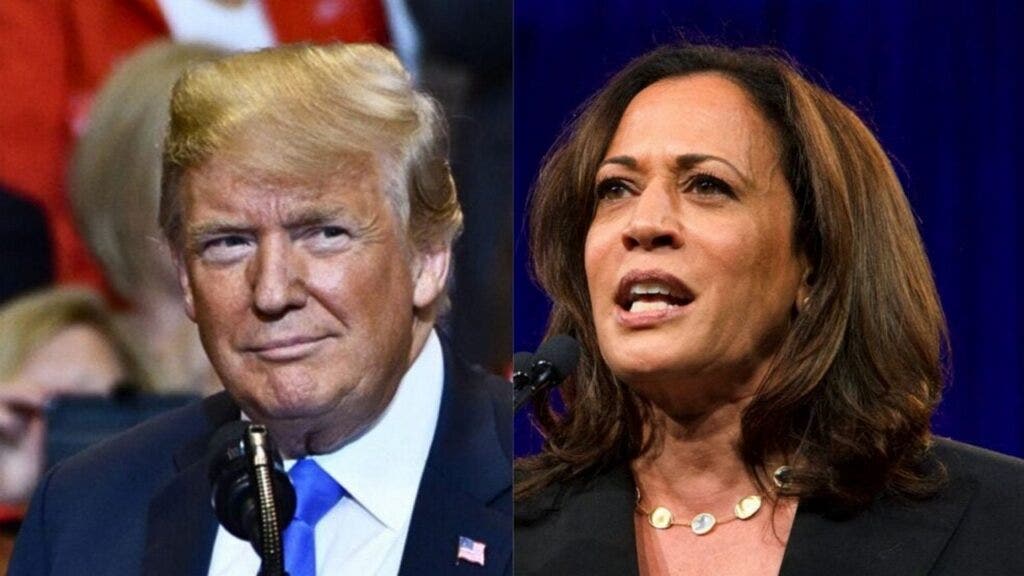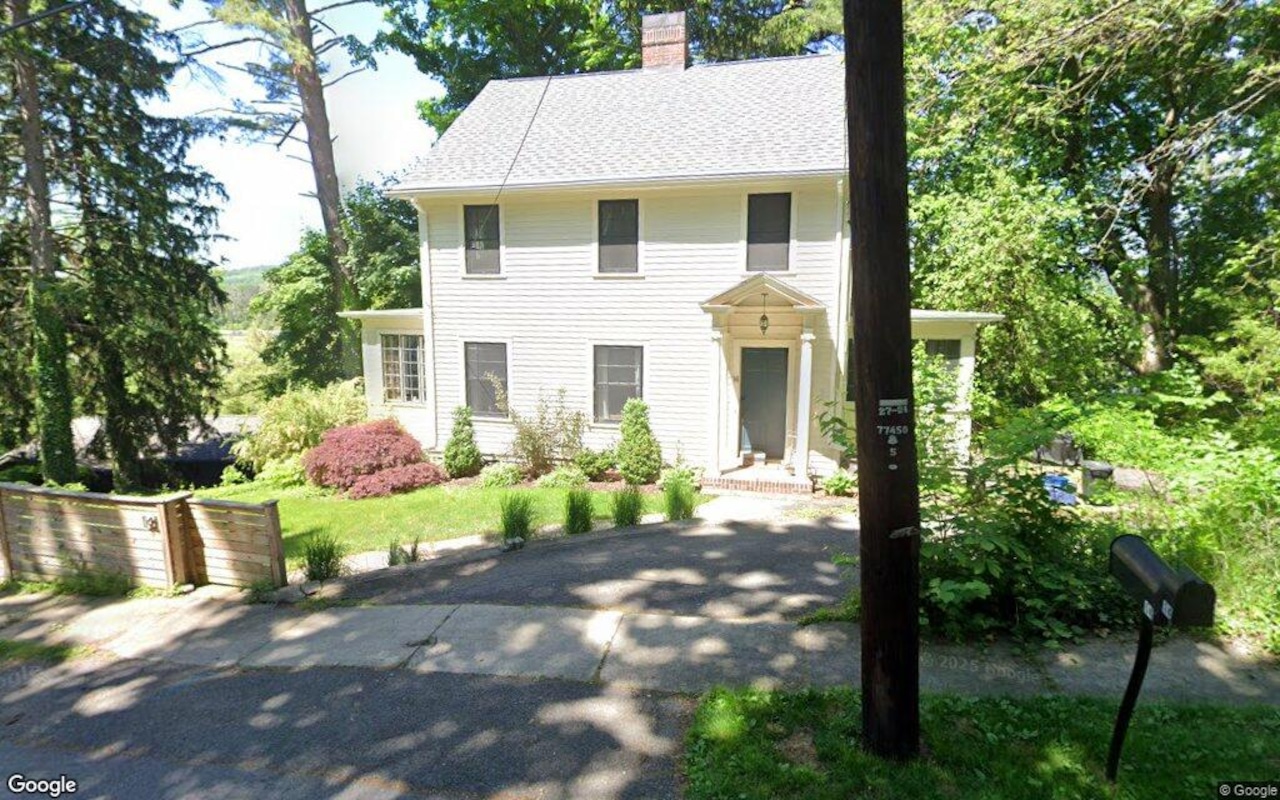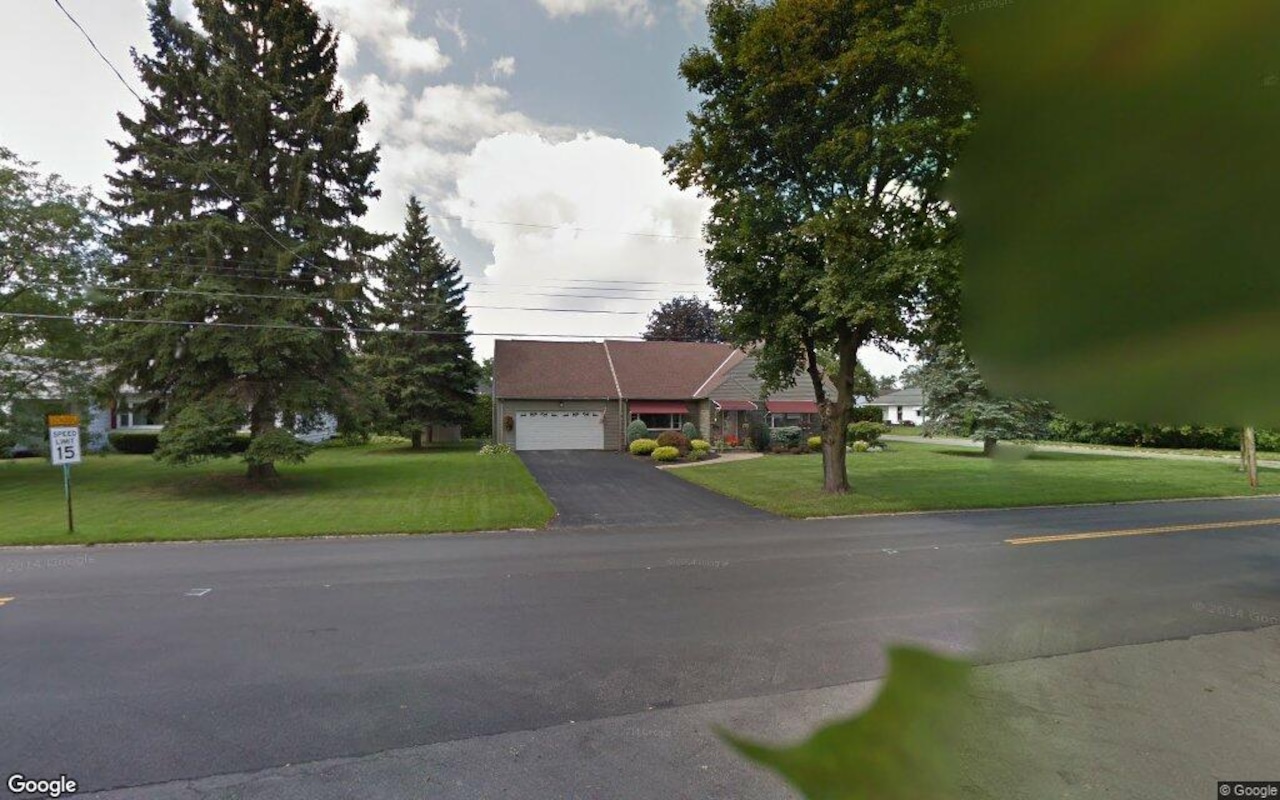T
he luxury real estate market is bracing for potential changes under either a Donald Trump or Kamala Harris administration, with industry experts parsing campaign promises and policy proposals to gauge their impact on high-end properties and wealthy investors. Both candidates have expressed interest in addressing housing affordability and supply issues, but their methods and potential effects on the luxury market are divided.
Trump's proposed tariffs on imports, particularly a 60% levy on Chinese goods, could lead to inflation and negatively affect the financial markets, which would impact the affluent who focus on these markets. Jonathan Miller of real estate appraisal firm Miller Samuel said that Trump's tariffs "are not good for housing" overall.
On the tax front, Trump's stance on the state and local tax (SALT) deduction cap could benefit luxury homeowners by removing the $10,000 cap, which would attract more interest in luxury properties. However, Harris's tax proposals, including increasing capital gains tax to 28% plus an additional 5% for high earners, could impact property sales and lead to less churn in the luxury real estate market.
Both candidates have expressed interest in opening federal lands for housing development, but its impact on luxury real estate is uncertain. Harris's support for the Stop Predatory Investing Act, which would remove tax incentives for large corporate investors in single-family rentals, has raised concerns that it could dramatically impact the supply of multifamily properties.
Wealthy investors appear cautiously optimistic, with 84% considering the economy the most important election issue and 51% believing Trump is better equipped to address key economic concerns. However, 57% are leaning toward voting for Harris. The luxury real estate market will likely be reshaped by both candidates' approaches, which could have significant impacts through tariffs, taxes, or land use policies.













